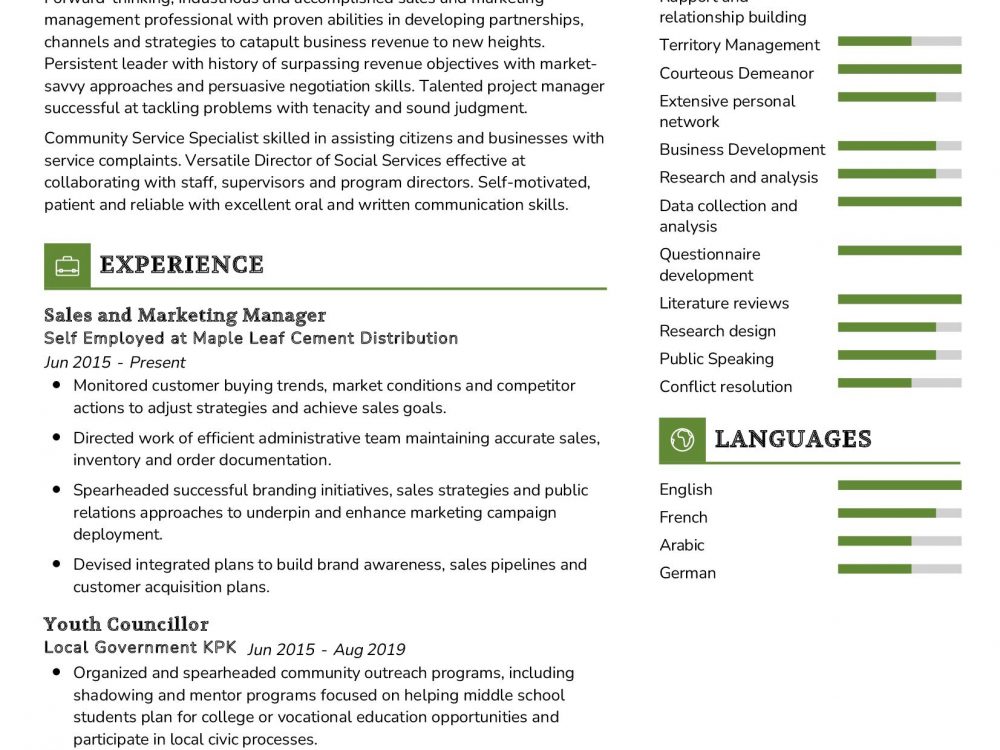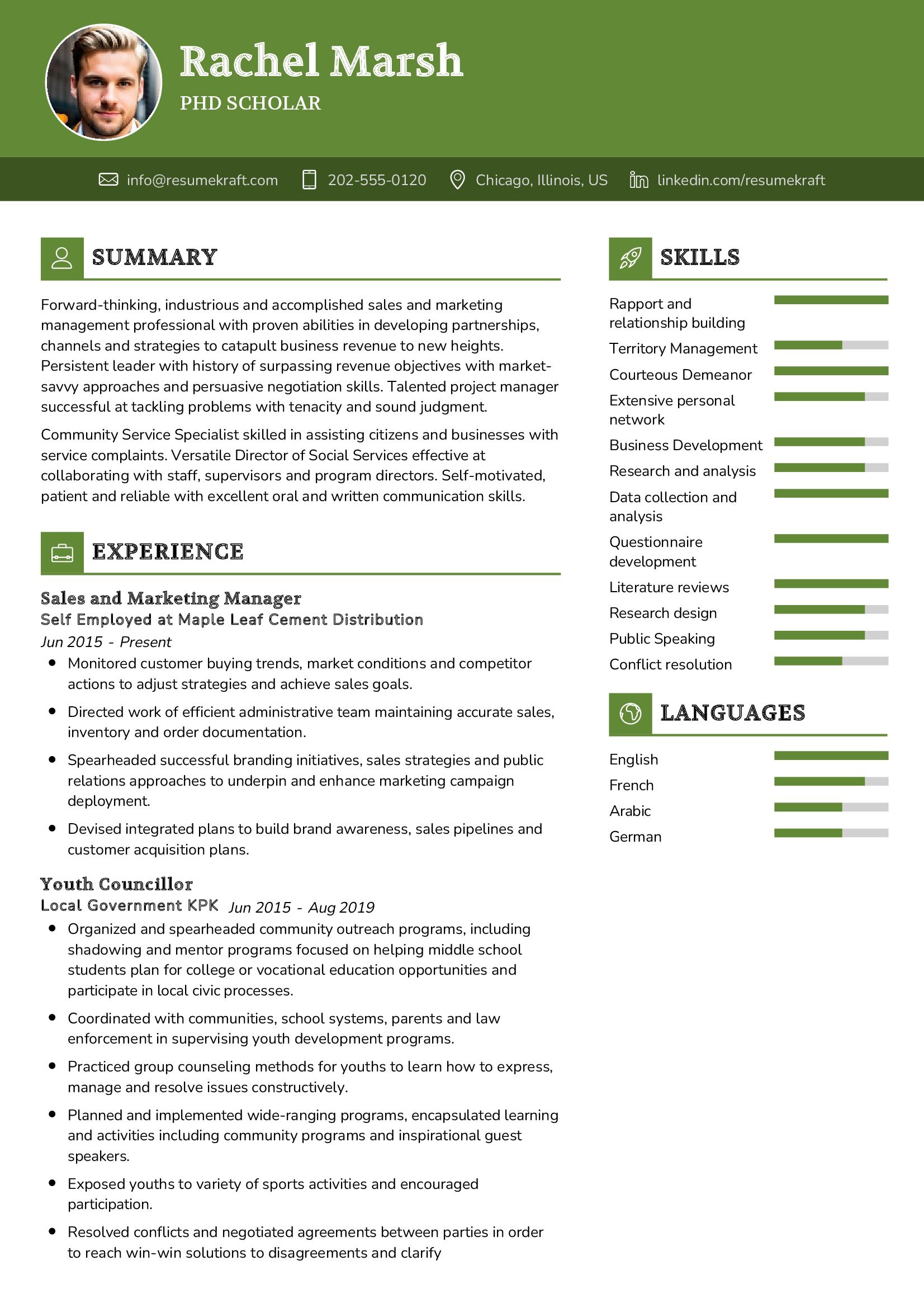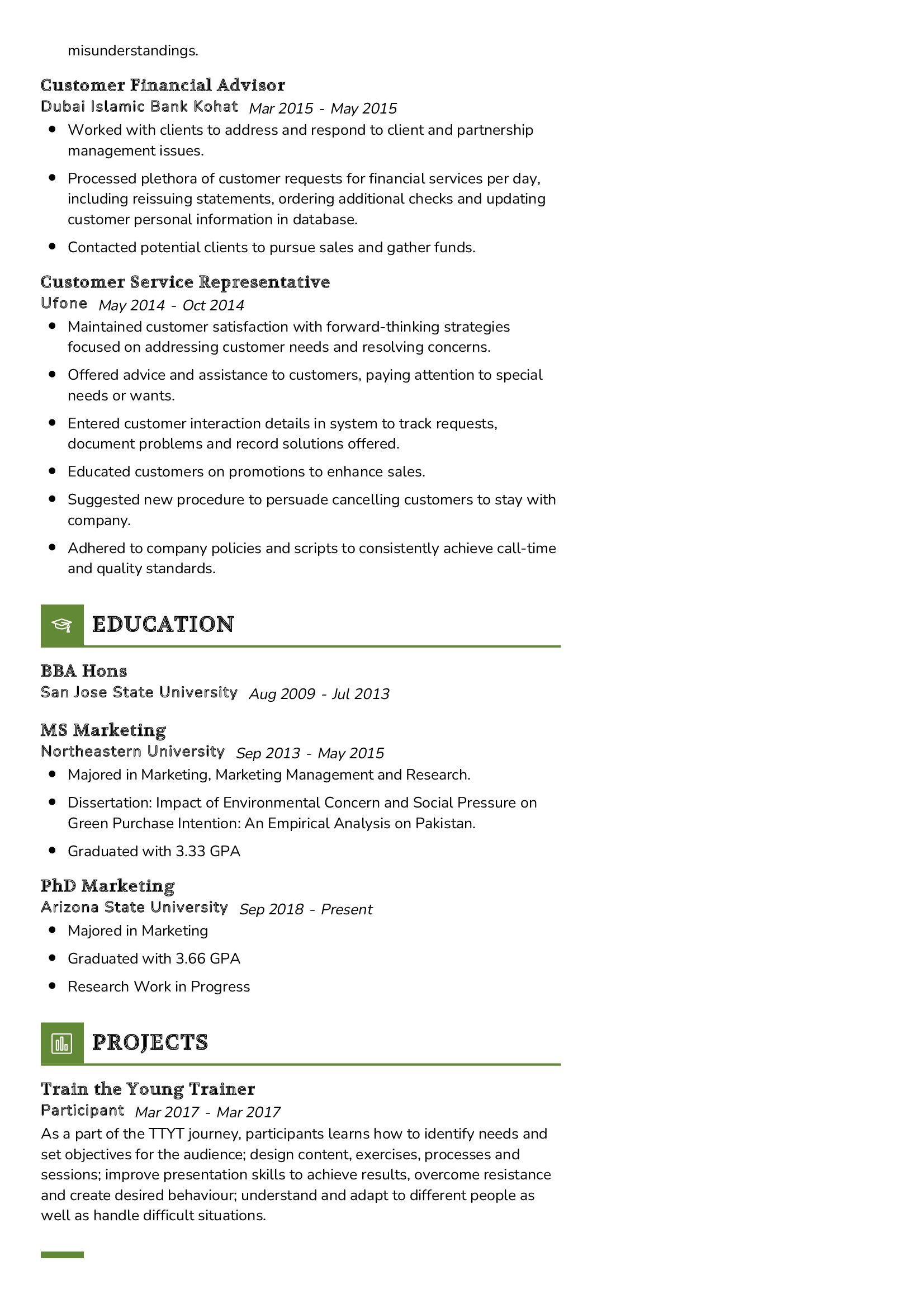The Role of a PhD Scholar: A Journey of Knowledge and Research
Embarking on the path of becoming a PhD Scholar is a profound commitment to knowledge, research, and personal growth. It is a journey that delves deep into a specific field of study, pushing the boundaries of human understanding. In this comprehensive guide, we will explore the multifaceted role of a PhD Scholar, the requirements to embark on this intellectual adventure, the responsibilities they shoulder, and how to craft an impressive resume that reflects their unique journey. Whether you are considering pursuing a PhD or are already on this path, this article will provide valuable insights into what it means to be a PhD Scholar.
Requirements for Pursuing a PhD
Entering the realm of PhD studies is a rigorous process that demands dedication and intellectual rigor. Here are the prerequisites you need to fulfill to embark on this academic journey:
- A Passion for Research: The foundation of a successful PhD journey is a deep-seated passion for research. You should be genuinely curious about a specific area of study and eager to explore it in depth.
- A Master’s Degree: Typically, candidates for PhD programs hold a master’s degree in a related field. This demonstrates your prior academic commitment and readiness for advanced research.
- Research Proposal: To secure admission to a PhD program, you often need to submit a well-crafted research proposal. This document outlines your intended research project and its significance.
- Strong Academic Record: A competitive GPA (Grade Point Average) from your previous academic endeavors is essential. PhD programs are highly competitive, and a strong academic record can set you apart.
- Letters of Recommendation: Typically, you will need to provide letters of recommendation from professors or professionals who can vouch for your academic and research abilities.
- Standardized Tests: Some institutions may require GRE (Graduate Record Examination) scores as part of the application process.
Securing admission to a PhD program is just the beginning of your journey as a PhD Scholar.
Responsibilities of a PhD Scholar
Once you are admitted to a PhD program, you take on a range of responsibilities that go beyond attending classes and conducting research. Here are the core responsibilities that define the life of a PhD Scholar:
- Research Excellence: Your primary role is to conduct high-quality research in your chosen field. This involves literature reviews, data collection, experimentation, and analysis.
- Publication: PhD Scholars are expected to contribute to the body of knowledge in their field by publishing research papers in reputable journals and presenting findings at conferences.
- Teaching Assistance: Many PhD programs offer teaching assistantships. As a PhD Scholar, you may be responsible for assisting professors in teaching undergraduate courses.
- Mentorship: Guiding and mentoring undergraduate students or less experienced graduate students is often part of a PhD Scholar’s role. This helps in knowledge dissemination and fosters a culture of learning.
- Networking: Building a professional network is crucial. Attending conferences, collaborating with other researchers, and establishing connections within your field can open doors to opportunities.
- Time Management: Balancing research, coursework, and other responsibilities requires effective time management. It’s essential to stay organized and meet deadlines.
- Continuous Learning: Being a PhD Scholar means embracing a lifelong commitment to learning. Staying updated with the latest research and methodologies in your field is vital.
The responsibilities of a PhD Scholar are not only academic but also contribute to the growth and advancement of their field of study.
Crafting a PhD Scholar Resume
Your resume as a PhD Scholar should reflect your academic and research achievements. Here are tips on how to create an impressive PhD Scholar resume:
- Research Experience: Highlight your research projects, publications, and presentations. Include details about the methodologies used and the significance of your findings.
- Teaching Experience: If you have been a teaching assistant or have taught classes, mention your teaching experience. Highlight any innovative teaching methods you’ve employed.
- Mentorship and Collaboration: Showcase instances where you’ve mentored students or collaborated with fellow researchers. Highlight the impact of these interactions.
- Professional Development: Mention any workshops, conferences, or courses you’ve attended to enhance your skills and knowledge.
- Awards and Grants: If you’ve received awards or grants for your research, list them to demonstrate recognition of your work.
- Skills: Include both technical and soft skills. Technical skills might include research tools or programming languages, while soft skills could be communication and teamwork.
- References: Mention that references are available upon request. Be prepared to provide references from professors, mentors, or colleagues.
Your resume should be a reflection of your academic journey and your contributions to your field of study as a PhD Scholar.
Key Takeaways for Your PhD Scholar Journey
As you embark on your PhD Scholar journey, here are some key takeaways to keep in mind:
- Passion is Key: Your passion for your research area will be your driving force throughout your PhD.
- Network Actively: Building a professional network can open doors to collaboration and opportunities.
- Publication Matters: Publishing research papers is a vital part of contributing to your field.
- Mentorship is Fulfilling: Mentoring others can be personally rewarding and fosters a culture of learning.
- Continuous Learning: Embrace a lifelong commitment to learning and stay updated with the latest research.
Your journey as a PhD Scholar is a unique one, filled with challenges and discoveries. Embrace it with enthusiasm and a thirst for knowledge.
Finally, feel free to utilize resources like AI Resume Builder, Resume Design, Resume Samples, Resume Examples, Resume Skills, Resume Help, Resume Synonyms, and Job Responsibilities to create a standout application and prepare for the PhD Scholar job interviews.
Your resume is a vital tool in your academic and research journey, helping you showcase your achievements and unique contributions to your field.



